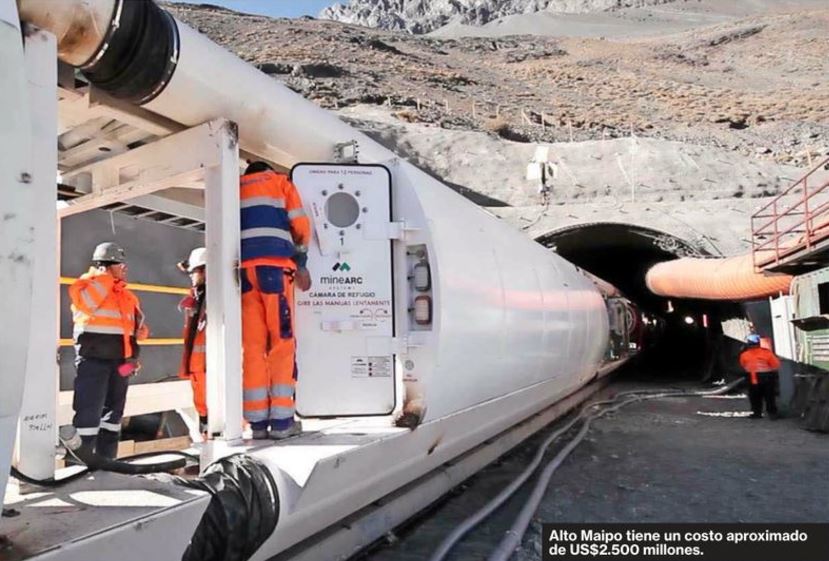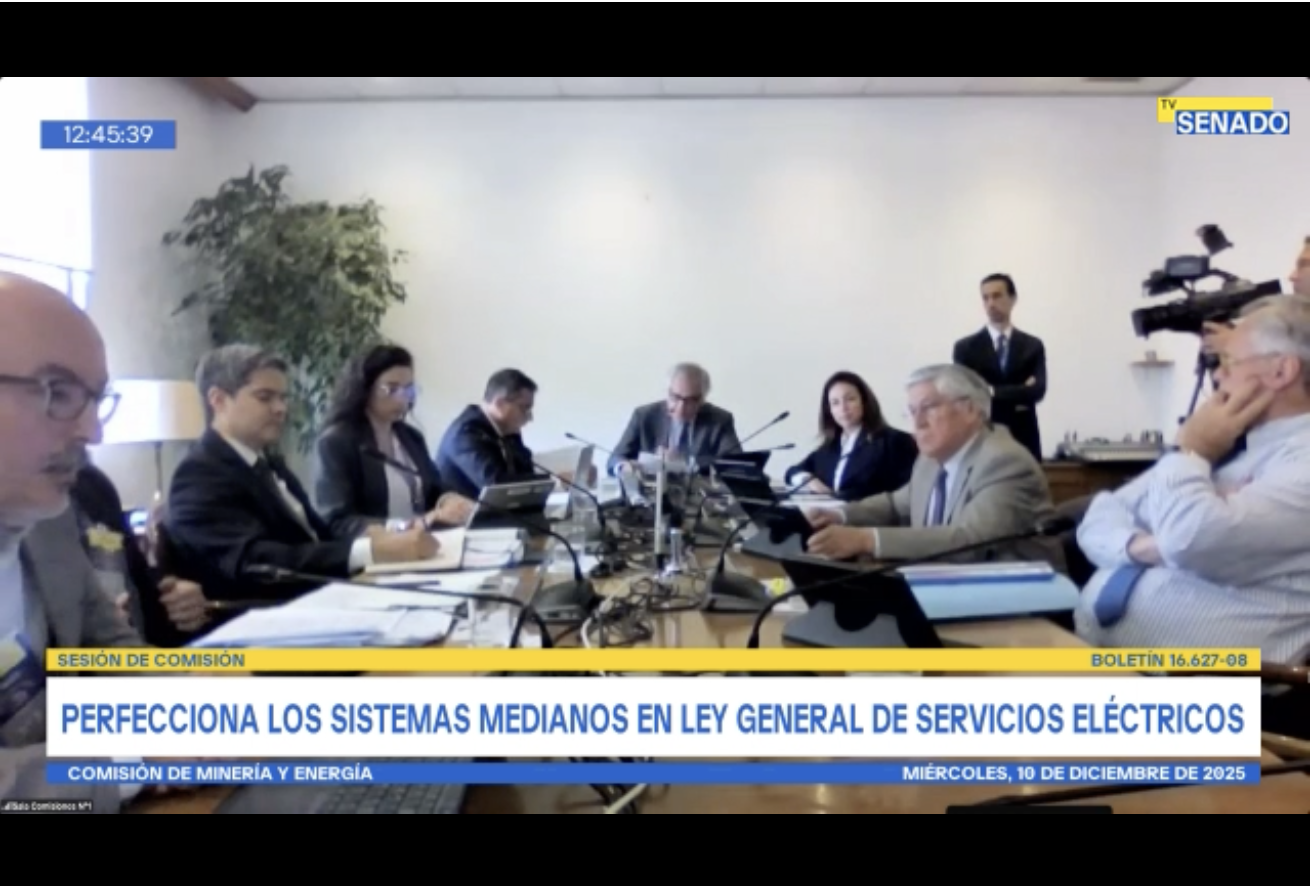
Eventual incumplimiento de hitos en la construcción restringirían el ingreso de nuevos recursos. Firma busca sacar el proyecto adelante.
En AES Gener ratifican viabilidad de Alto Maipo, pese a rumores de congelamiento bancario
¿En riesgo Alto Maipo? Las especulaciones crecen respecto a la viabilidad del proyecto de AES Gener situado en San José de Maipo y que busca inyectar 532 MW en el sistema eléctrico. A la salida del grupo Luksic tras el anuncio de sobrecostos, se sumo el arbitraje con su contratista CNM a cargo de construir parte de los túneles y un eventual congelamiento de financiamiento bancario producto de un retraso en su carta gantt. En lo referente a un supuesto estancamiento de recursos, que fue planteado esta mañana en T13 Radio, fuentes de la firma descartaron que existan los puentes cortados con los bancos, pues dijeron que existe un plan de financiento aprobado.
En marzo pasado, AES Gener envió un hecho esencial a la Superintendencia de Valores y Seguros (SVS), aseverando que la obra costará US$ 2.500 millones, cifra 22% mas alta que su proyección inicial (de US$ 2.050 millones), y que los socios y financistas ya comprometieron su participación en el.En esa comunicación al mercado, la eléctrica dijo que las multilaterales, bancos extranjeros y nacionales que han concurrido al financiamiento del proyecto aprobaron el plan de reestructuración propuesto por AES Gener en enero de este año. “La reestructuración financiera contempló, entre otros aspectos, la adquisición por parte de AES Gener de la totalidad de la participación de Minera Los Pelambres (MLP) en la sociedad Alto Maipo SpA (Alto Maipo); la incorporación de Strabag SpA, principal contratista del proyecto como accionista minoritario con un porcentaje aproximado de 7%; la modificación de los contratos de suministro de energía suscritos por Alto Maipo y AES Gener con MLP; y la modificación de los términos y condiciones del actual financiamiento senior del proyecto”, informo la compañía.
Sin embargo, la preocupación en la eléctrica llevo a que los principales ejecutivos de la filial chilena, entre ellos el CEO Javier Giorgio y su vice- presidente de finanzas Ricardo Falu, se reunieran con ejecutivos de la matriz de AES en Estados Unidos para entregarle detalles del proyecto, que hoy casi llega al 60% de avance.
En cuanto a los eventuales retrasos por el término de contrato con el contratista CNM, con el cual se encuentra en arbitraje, AES Gener dijo a Diario Financiero que firmó contrato con Robbins Chile, asumiendo los trabajos de túneles en el sector El Yeso.
Según la publicación, para la habilitación de este tipo de obras, AES Gener estaría negociando con Strabag, la otra contratista del proyecto. La idea sería ampliar el contrato con la firma austriaca que también tiene participación en el proyecto.
Mercado eléctrico no se resentiría: Expertos advierten un impacto acotado
La eventual postergación o paralización del proyecto Alto Maipo por motivos financieros tendría un impacto acotado en el mercado eléctrico, según los expertos del sector. “Implicaría que Gener tendría que renegociar algunos contratos, y probablemente no podría abastecer a Antofagasta Minerals, como tiene planeado”, sostiene Rodrigo Jiménez, gerente general de Systep. “Ahora bien, en términos de costos marginales, eso afectaría a Gener, porque se trata de un proyecto de energía hidroeléctrica, que es mas barata que la térmica, pero ese ya es un tema interno de la empresa”, agrega. Jiménez explica que Gener tiene un portafolio de centrales para abastecer sus contratos con distribuidoras, por lo que no debiera haber un efecto en un mercado con amplia oferta. El gerente manifiesta sus dudas de que el proyecto se caiga. “Si bien Alto Maipo ha tenido algunos reveses en materia de costos de inversion, ya hay una inversión importante y veo difícil que lo abandone, quizás se postergue o se venda a un tercero, pero veo difícil que no se haga”, razona.
El socio de otra consultora, que prefiere no ser citado, señalo que si bien no se han hecho cálculos sobre un eventual impacto en el mercado si se cae el proyecto, “tengo la sensación de que no lo afectaría mucho”.



